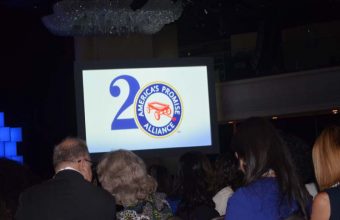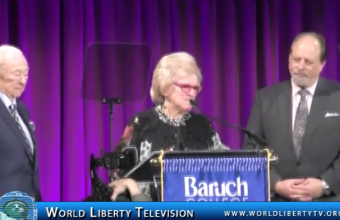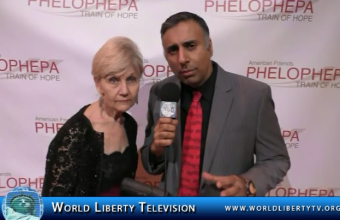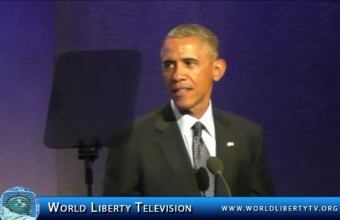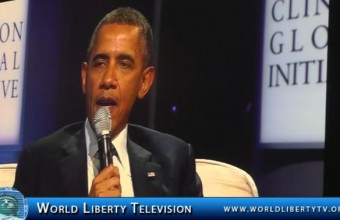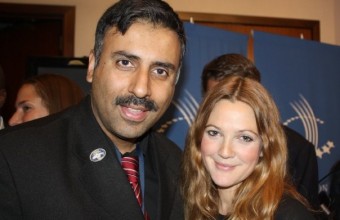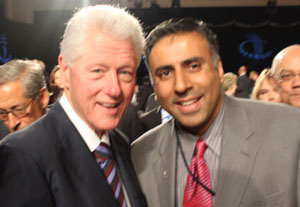By:Betty Coker, Editor in Chief For World Liberty TV Retired Gen. Colin L. Powell became America’s Promise’s Founding Chairman – leading the movement that arose from the Presidents’ Summit. Both General Powell and his wife, Alma, were highly respected as advocates for children and as leaders who transcend partisan politics. That respect, in turn, aided...
Read more
